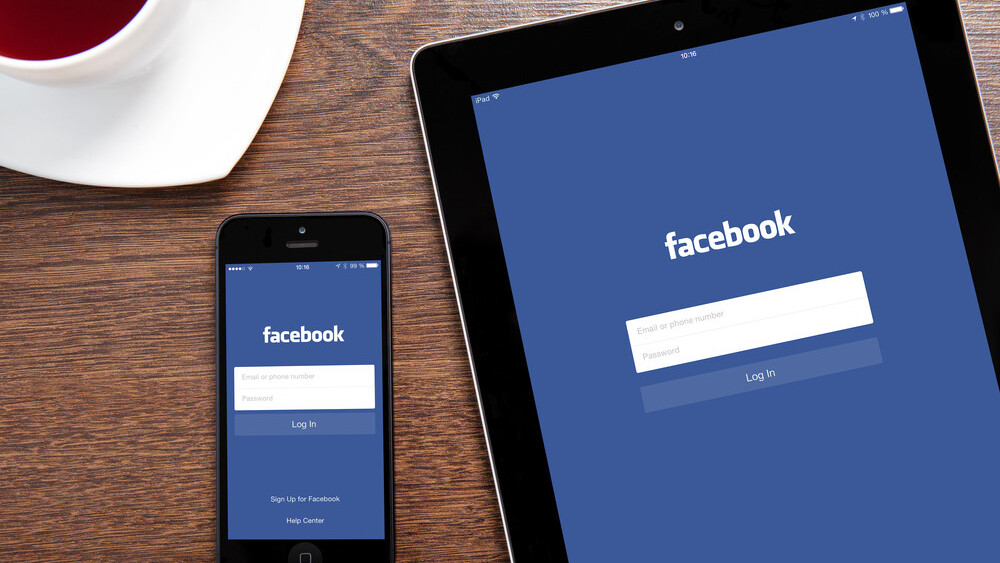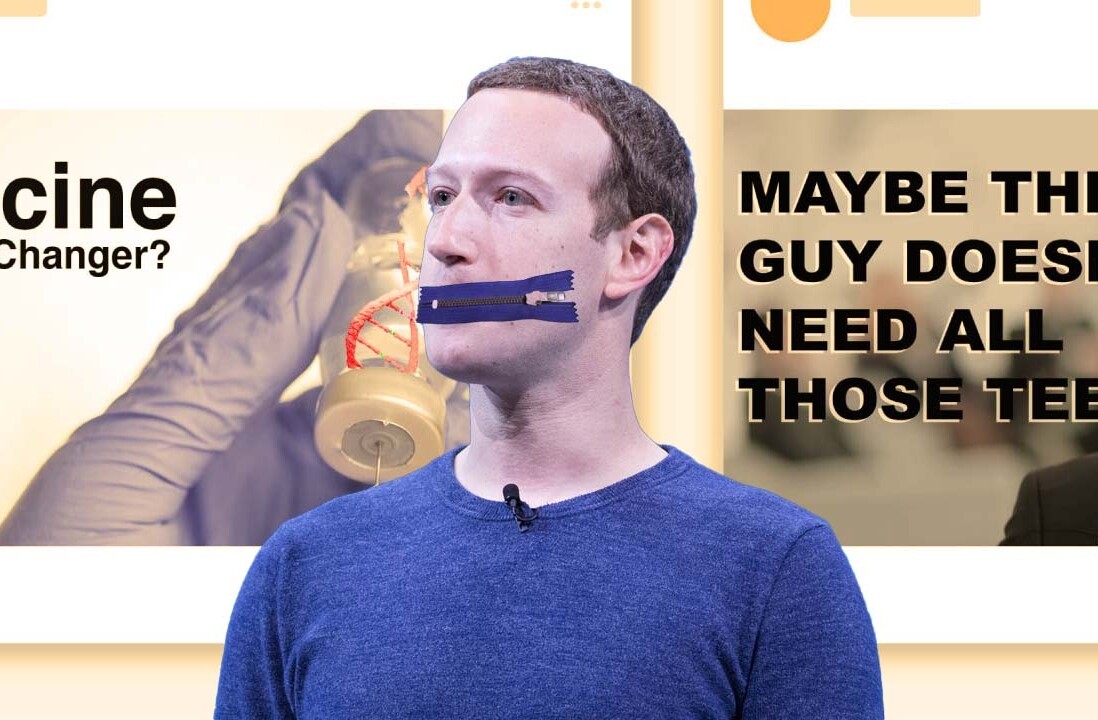
Internet.org, the initiative spearheaded by Facebook to improve internet access around the world, is working directly with networks to improve app performance with minimal investment or adjustments.
Earlier this year Facebook linked up with Ericsson, another Internet.org partner, to simulate and analyze the user experience of Facebook’s mobile apps for a broad range of customers on XL Axiata, a network in Indonesia.
Erricson developed the methodology and Facebook offered the “test agent,” which was then performed against a series of devices in urban, suburban and rural areas. By adjusting and optimizing the network, the Internet.org tag-team was able to improve the coverage of acceptable app performance, defined as “transactions that finished within three seconds,” by 20 to 70 percent.
“Within that scope, time to content improved up to 70 percent, while upload time improved up to 50 percent,” a white paper reads.
Specifically, six devices were sent to three areas: Gambir in central Jakarta, Bintaro in suburban Jakarta and Tigaraksa outside Jakarta. Internet.org repeated the tests – each a week long – four times between January and June this year. It resulted in “hundreds of thousands” of samples.
Internet.org says any operator could use this methodology to monitor and analyze their network performance. Insights and resulting optimizations could improve app coverage, efficiency of data delivery and the ability to provide specialised apps for low-powered smartphones and feature phones.
As TechCrunch notes, Indonesia is a huge market for Facebook, so ensuring its mobile apps run smoothly on the largest networks is paramount to user growth. Hopefully the methodology can be replicated for other, non-Facebook mobile apps, resulting in significant improvements for a broader set of services.
➤ Measuring and improving network performance (internet.org)
Top image credit: Denys Prykhodov / Shutterstock.com
Get the TNW newsletter
Get the most important tech news in your inbox each week.





